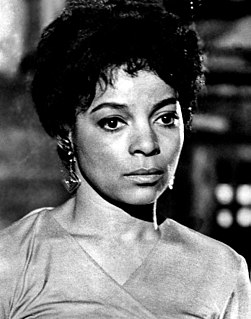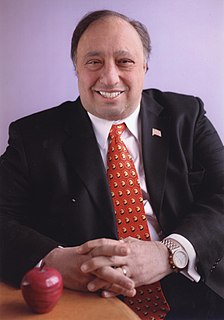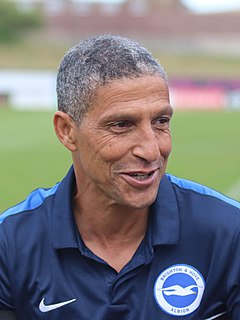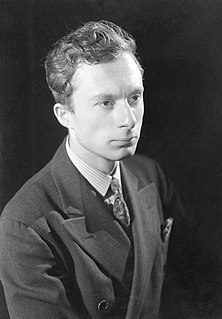A Quote by Ruby Dee
We both grew up in the atmosphere of struggle, both Ossie and me, ... I come out of Harlem and Harlem comes out of me - wailing police sirens and street parties, rumors and landlords, that cultural, spiritual scene. And Ossie came up from the South, where struggle and dying were part of everyday life. That is who we are.
Related Quotes
It's been rough for me trying to find my position in the struggle and where my voice is needed and helpful. You know, I grew up in Philadelphia, and Philadelphia has a really rough police-brutality history. I grew up in a neighborhood where it was very clear that the police were "them" and we were "us".
Ossie Ardiles got the job at Tottenham. I knew Ossie well and he brought me back as his reserve-team coach. That was my intro into coaching. Over the years I have known lots of other potential coaches who couldn't see a pathway. They couldn't see role models. There were so many BAME coaches who would apply for jobs and not even get an interview.
Sara Blair's Harlem Crossroads is an important addition to the body of literature that currently exists about Harlem. It brilliantly illuminates the complex relationship between photographic representation and race, and adds new insight into the ways in which this one black community has figured in both the critical and public imaginations. Harlem Crossroads is a tour de force.



































